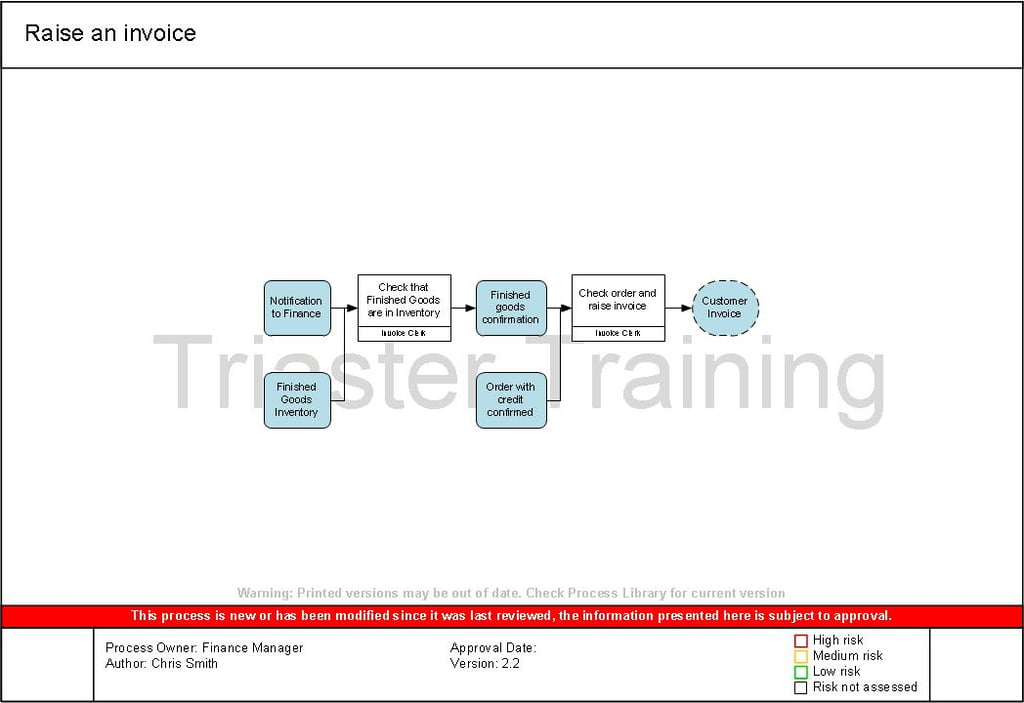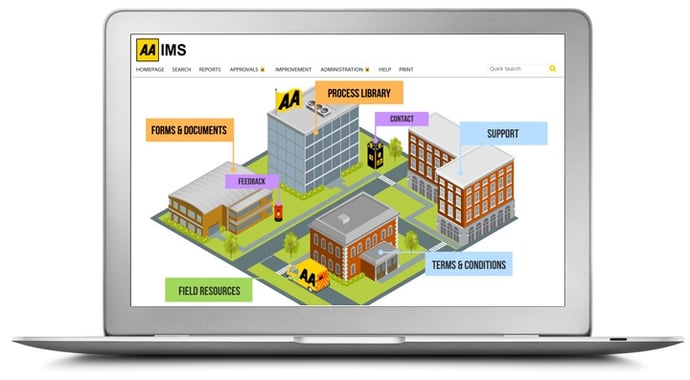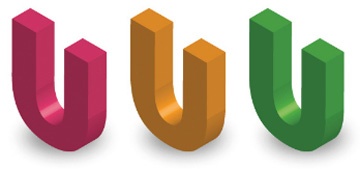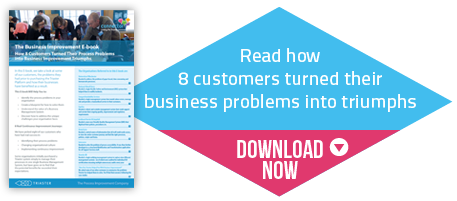At Triaster, we understand that choosing to implement a Business Process Management software will be a big investment, and having the correct information close to hand is an integral part of looking for a Business Process Management System (BPM) for your organisation. We've used our experience in this industry to put together a list of the most important questions you need to make the right decision when it comes to choosing a BPM system.
Of course If you are interested in going more in-depth into this topic, we suggest you look at the Business Objectives white paper from James Rowell, lecturer in Operations and Supply Chain Management at the University of Buckingham - who surveyed BPM customers to find out what business objectives are achieved through business process mapping.
Here are the 7 most important questions you should ask when comparing different Business Process Management vendors:
1. What are the main goals I want my Business Process Management software system to accomplish?
Before you start looking for your new BPM system you need to establish what you want to achieve with it. Do you want to streamline your business processes to reduce costs and increase efficiency for example, or will your system be used to help you gain Quality Standards Compliance? Your BPM system should deliver on your objectives. It should not drive your objectives in any way.

2. What information should I gather about potential BPM Vendors?
Choosing to invest in a BPM system for your organisation is a big decision, and not one you should enter in to lightly. You’ll need to ensure that the system is going to be a good fit for your organisation and will achieve the goals you’ve set out to accomplish. Opting for a system that isn’t suitable is only going to waste your time and money and your project is unlikely to get off the ground. Lots of the main BPM systems have a ‘one size fits all’ approach and come with all sorts of bells and whistles as standard and as optional extras, but if this functionality isn’t going to help you achieve your goals, it isn’t something you should be paying for.
3. What’s my budget?
There are a variety of Business Process Management software systems available that cater to different needs and as such, costs can vary considerably. You’ll need to think about whether you want an out-of-the-box solution that you can just plug in your data and go, or if you’d like something that is completely bespoke to your organisation’s requirements. Don’t forget that any bespoke system is likely to be more expensive, but the ROI you will gain from using a fully integrated system will be substantial.
Before you approach a vendor, make sure that you have thought about the other costs apart from the system itself. Will there be additional costs for on-boarding or design customisations? Is training charged separately? Do they have an expenses policy and will you need to pay for a trial of the system? You’ll also need to consider how much internal time and resource will be needed to support the implementation of a new system. It is important to note that if you plan to use your BPM system to improve your business processes, a good system will likely pay for itself.

4. What’s my potential ROI?
Business Process Management Software is a big investment, but if implemented and used correctly it has the potential to generate a very high ROI. When discussing a solution with your chosen provider, don’t forget to ask about the potential ROI you could gain with the system and also about the ROI that current clients have achieved. Most suppliers will have a variety of customer case studies that they would be more than happy to share with you. Arming yourself with real experiences from existing customers will definitely help you to get buy-in from your senior management team.
5. What are my implementation options?
When looking for a new BPM solution, you’ll need to decide whether you want a cloud-based solution or if you’d prefer for the software to be installed on your company’s servers. Another option would be to look at hosted servers, but there is likely to be an additional cost. It is also worth discussing the price differences between cloud-based software or going in-house with your chosen providers. You should always choose an implementation option that your organisation is comfortable with. If you have always used your own servers and have the IT resource to support an implementation, you will most likely be able to save money by going in-house.
6. How user friendly is the system?
This is one of the most important questions you need to be asking when comparing different BPM systems. You will need to make sure that any system you choose will be useful and usable not only by your end users, but also by the people who will be maintaining the system on a daily basis. Make sure to discuss the amount of training required to get the system up and running and how this will be provided by the supplier. If you have a few solution preferences, why not ask your end users which one they would be more comfortable using. You could even include them in the trial period to get their insights on the usability and usefulness of different BPM systems.

7. How can I get the most out of my system across the organisation?
To really get the most out of your BPM system, you’ll want to look at scaling the solution to cover the processes across all areas of the organisation. This is going to take a lot of time and effort and it is unlikely that any changes will be seen overnight. The best way to tackle companywide adoption of a new system is to start in one department and spread out slowly until all business processes have been mapped and analysed thoroughly. It’s likely that you may want to use your new system for just one area of the business, so it is worth discussing this with your chosen providers as this will ultimately affect the cost.
These questions cover the most important things you need to be thinking about when looking for a Business Process Management software system, but are by no means the only things you should be covering. You’ll need to have a good handle on the unique business requirements of your organisation and always have your company goals and objectives in sight so that you can make an informed decision on the right system for your needs. This will help you to stay within budget and ensure that your project is a success.
Triaster has over 20 years of experience with Business Process Management systems. Because of this, we are happy to inform you on which system is the best fit for your organisation (even if it's not ours). If you would like to ask further questions about how the Triaster Platform can help you achieve your business goals and objectives feel free to contact us or download our E-book where we detail the problems we solved for 7 of our customers:
Related articles:
How much does Business Process Management (BPM) software cost?
Microsoft Visio and SharePoint vs a purpose-built Business Process Management (BPM) system
Best Business Process Management (BPM) software: A brief review
Written by Isobel Witts
Isobel joined Triaster in September 2014 as our Customer Success Administrator. After about a year in the role she decided marketing was where her main interest lay and she began working with Emma as a new Triaster website was developed and the Triaster blog was started. The move was very successful, resulting in her moving full time into a marketing role, firstly at Triaster and subsequently for a local marketing agency.
